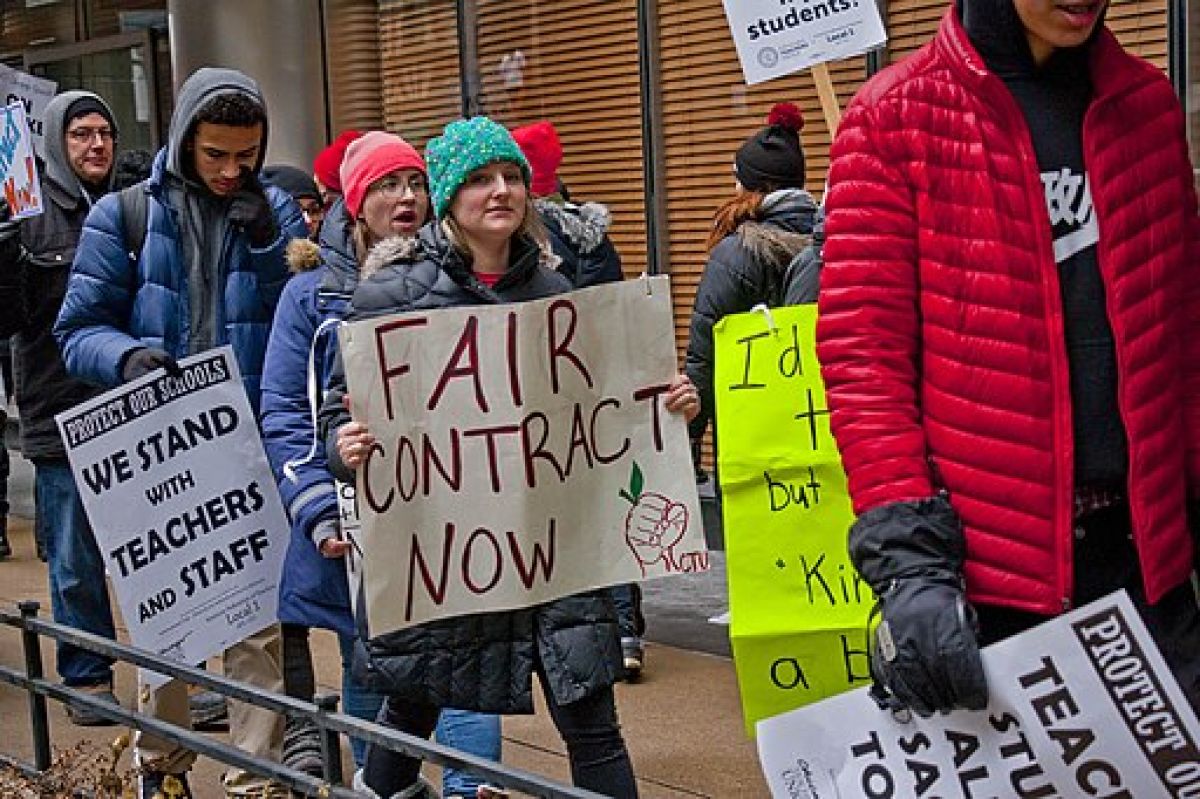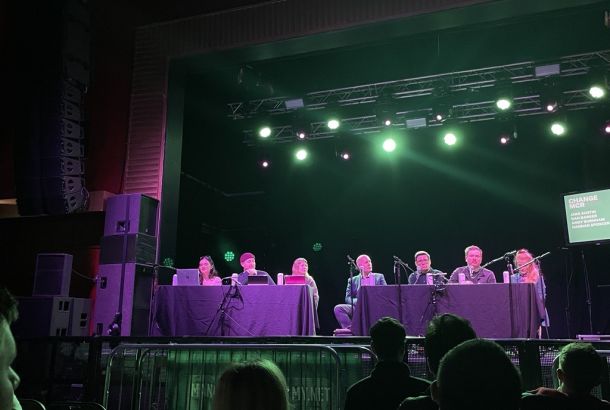Lectures on university strikes: ‘A Culture of Surveillance’
By Emily Astrid Cole and evehenley

University staff across the country took to the picket lines for strike action again this week after disputes over pay and pensions have still not been solved. The strikes are a boiling point for staff members at the University of Manchester (UoM) who have a long and varied list of problems with staff management at the university – from casualisation to claims of “being watched like hawks”, leading to staff seeing themselves as being at the raw end of the university ordeal.
The Mancunion sat down with two academic staff at the University of Manchester to understand the material effects of these structural trends in higher education, looking to understand why staff have sought to strike and what this means for the future of employment in higher education.
The disjunction between academic and management staff
Academics articulated that the business model followed by universities in recent years has increased divides between the management staff and academic staff at the University of Manchester. This distance, the first academic, who would like to remain anonymous stated, “had damaged their working experience at UoM, creating a lack of understanding between the two groups of staff.”
Findings by the UCU report demonstrate that target-driven measures imposed on academic staff have depersonalised the workplace in Higher Education (HE) institutions. This sentiment was echoed by a second academic, who would also like to remain anonymous, who said that “attempts to standardise academia at UoM have been prompted by a gross misunderstanding of the reality of academic work on the part of university management.” Most importantly, they went on to state there is a “sense at UoM that this disjunction is all the more problematic when considered in the context of the power imbalance between the management staff and academic staff.” They feel that this is “not a new issue, and is materially reflected in the disproportionate pay gap between university chancellors and academics.”
“A culture of surveillance”
The first academic, said that the evaluations that are in place to try and ensure that UoM upholds ethical and educational standards (like bi-annual student satisfaction surveys and feedback forms) have actually adversely influenced academic and teaching environments. Rather, academics feel they have impeached on their freedoms, creating a “culture of surveillance” in place of a culture of trust. They went on to say a “desire for more constructive dialogue between student and teacher throughout courses, giving academics the opportunity to constructively respond to criticism whilst still engaging in the goings-on of the course.”
“Second-class academic citizens”
The second academic stated that academic life at UoM has been damaged due to the imposition of “precarious temporary contracts” and “unmanageable workloads”, which has resulted in the formation of a group of “second-class academic citizens”.
They expanded by saying that in response to the increasing number of students accepted on UoM courses, management staff have hired more junior lecturers as teaching support. Over-loaded with teaching work, these junior lecturers are not given enough time to develop their own academic careers via “proper academic research”.
Many of those on temporary, hourly-paid contracts do not get paid for their time spent on lecture and seminar preparation. This includes emailing students and office hours. One particular junior academic stated they only had 15 minutes of paid time to mark each essay, which they deemed insufficient to uphold the standard of feedback they believed their students deserved. Developing this they expressed a lack of fairness regarding the relegation of junior staff to more menial roles as a result of their “crazy workload”. The outcome has created a culture in which the work of certain academics is privileged over others.
What can students do to help?
A frequent request by the second academic was that students should remain dependably communicative with academics. In doing so, we can build trust within departments and classrooms, and make productive changes when necessary. They suggest students need to “rethink their tendency to view the university as primarily a business model, instead of an institution of learning and distinguished research.”
Students have used phrases such as “we are paying for this” to wrongfully dictate our relationship with academics, as opposed to the management to which they should be directed. The academics want these relationships to be viewed as the necessary academic collaborations that they are, founded in mutual trust and desire to uphold pedagogical standards, rather than transactional relationships they have a danger of becoming.
When asked for comment the Director of People and Organisational Development at the University of Manchester, Adèle MacKinlay, said: ”We do recognise how important pay and employment conditions are to colleagues and we take those views very seriously.
“However, inevitably any kind of industrial action causes serious disruption for our community, and particularly our students, after such an extended period of pandemic upheaval.
“Annual pay awards are negotiated nationally by UCEA and UUK respectively, so we are unable to make any changes at a local, Manchester level.
“We continue to work hard to address other aspects of employment which were raised in the ballot such as the nature of contracts and gender and ethnicity pay gaps.
“We’d like to reassure our students that we will do everything we can to minimise any impact on their teaching, learning and wider experience.”







